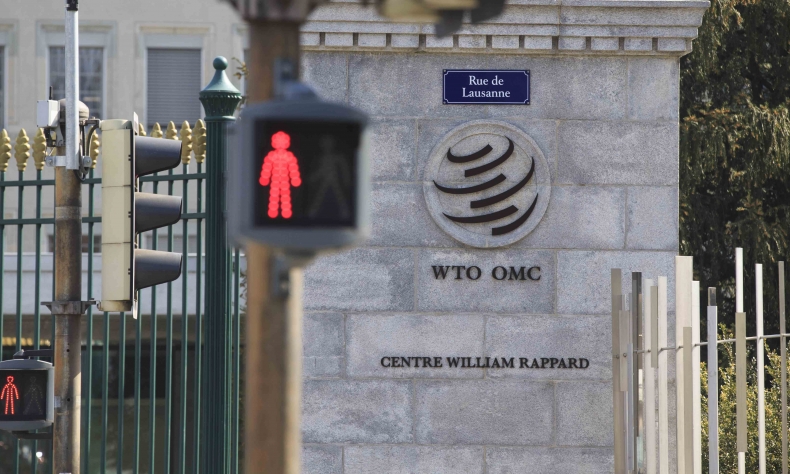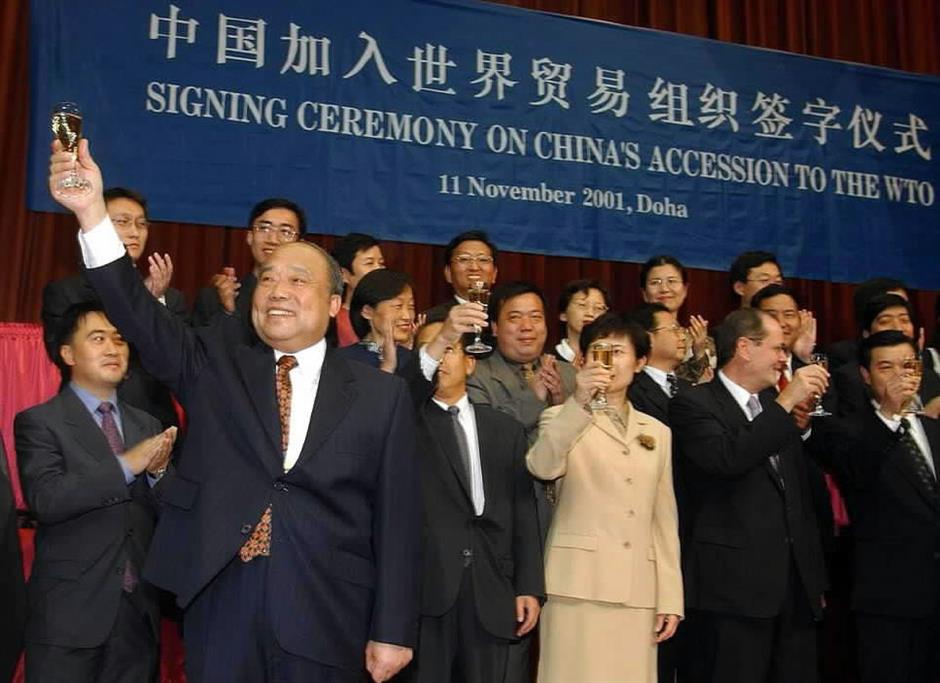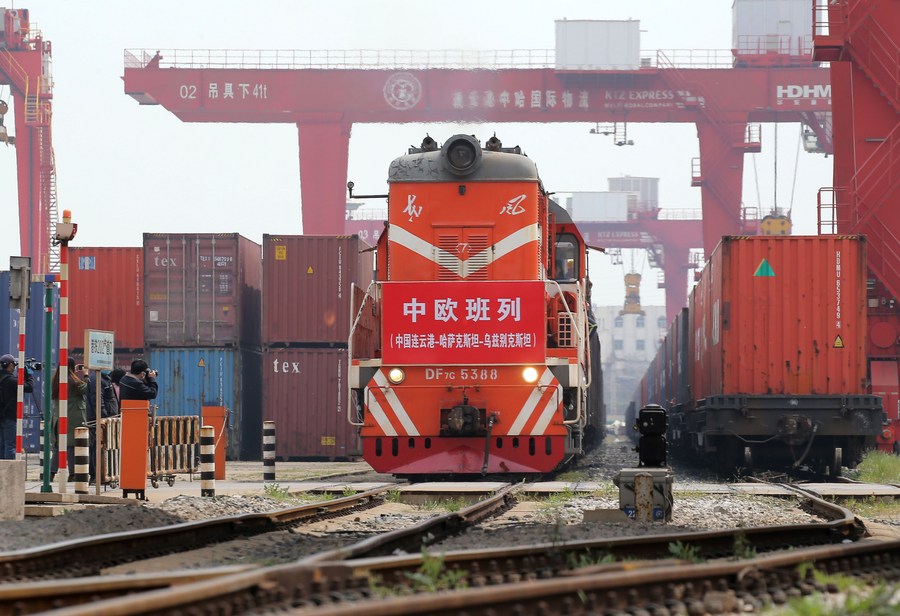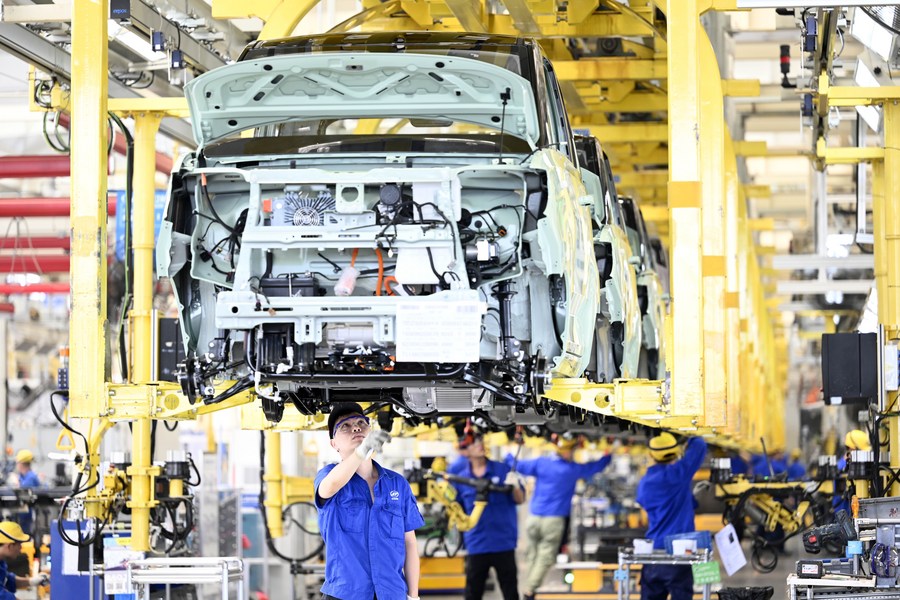Twenty Years on, WTO and China — a Winning Match

China continues to open up its economy for the greater good of the global economy while the WTO stands tall as a willing facilitator.
Our world will always be in a constant state of rapid changes in politics, culture, society and especially economics. Accordingly, neutral arbiters of global governance mechanisms, such as the United Nations (UN) and the World Trade Organization (WTO), are needed now more than ever before as technologies and business have gotten more closely interconnected. Despite the recent winds of trade protectionism and anti-China fevers spreading over various parts of the globe, sovereign governments of nation states and regional powers must find ways to communicate and to collaborate or risk greater catastrophes.
Hence, we should celebrate, not denigrate, the 20th anniversary since China was welcomed as the 143rd full-fledged member of the WTO, which happened on the hallowed date of December 11, 2001. Yes indeed, China’s economy has enjoyed boom times ever since joining the WTO but upon closer inspection, much of the world had come to benefit as well. Chinese manufacturers and exporters had played crucial roles in tempering down worldwide inflation by dramatically increasing the supply of goods and products going directly to consumers all over the world.
The statement that “there’s no such thing as a free lunch,” means that any economic benefit comes at some costs. Even though consumers can buy goods for cheaper prices, the US and European manufacturing bases were hard hit since many factories in the developed countries had witnessed shutting down and re-opening in China on account of lower costs. Nonetheless, the global trend was already shifting to Asia for manufacturing and exports, so the decline of the Western manufacturing was clearly an inevitable and irreversible trend.

China’s “Long March” to gain WTO entry
The Chinese government did not enjoy an easy path to apply and receive acceptance to the WTO as the United States placed numerous obstacles at the initial stages. According to requirements, Beijing could no longer set up ‘Special Economic Zones,’ that granted preferential tax and business regulations’ treatments. The government had to apply the same rules and tax rates to all parts of the country. Additionally, China was expected to lower its overall tariff rates, offer fair play for foreign businesses seeking to expand in China, and comply with the rules and trade dispute judgments set by WTO tribunals.
China applied on July 10, 1986, for resumption of membership in GATT (General Agreement on Tariffs and Trade), which was launched in 1947. The whole applications process took the country over 15 years of arduous but successful efforts. Nevertheless, Beijing has served as a good partner for the WTO ever since. China has formed a unified and transparent laws, regulations and policy system that remains consistent with the WTO rules.
China stands consistent with its support for a multilateral trade system. China also opened WTO research centers in Beijing, Shanghai and Shenzhen. China has emerged as the largest trading partners of over 120 countries and regions, including large numbers of emerging markets, as well as several leading developed economies. Apparently, many people have often overlooked that China is the world’s second-largest importer and that’s a big deal. It’s important to note that Chinese manufacturers have to rely on importing raw materials from developing nations in Africa and South America and that’s a win-win for all.

China as a fast learner
WTO Director-General Ngozi Okonjo-Iweala has frequently praised China and its participation in the global trade platform. Earlier this month, she hosted a Zoom call with Chinese Premier Li Keqiang. She reaffirmed the WTO’s appreciation for China’s constructive role and acting as a good partner for the African business community. She pointed out that China has shined brightly as a good role model for the developing nations as those countries can learn from China’s rapid development.
Shortly after China’s entrance into the WTO, WTO spokesman Keith Rockwell touted Chinese diplomats for being quick learners as they would listen patiently, observe carefully and seek advice from everyone to gain deeper experience to know how to work properly in the WTO, he told China.org. Rockwell added:
“China is signaling that our rulebook needs to be expanded and brought up to day, so that businesses today can cooperate under rules that reflect the way that we actually engage with their clients and with their competitors.”
China is spearheading WTO reforms. In 2019, the city of Shanghai hosted the WTO ministerial meeting. In recent years, Beijing has served as the driving force for global cooperation campaigns to tackle the Covid-19 pandemic, pushing ahead on multi-party talk, free trade agreements, and joint statements initiatives. Chinese companies are going global pouring greater outbound FDI (foreign direct investments) to businesses in countries across the globe. Beijing’s introduction of the Belt & Road Initiative (BRI) along with endorsing the UN’s South-South Cooperation agreement for sustainable development have shown how China can usher in pragmatic and valuable progress on poverty alleviation in the poorest of nations.

Staying the course for prosperity
China continues to open up its economy for the greater good of the global economy while the WTO stands tall as a willing facilitator. China’s merchandise imports rose from $244 billion in 2001 to $2.06 trillion in 2020. According to CGTN, the number of foreign enterprises has increased in China from 20,000 two decades ago to over 430,000 in the present day. The Chinese economy stayed open and resilient during its toughest times and darkest days of the Covid pandemic last year during the Wuhan Lockdown from January 23 to April 15. Chinese cities back then looked like empty towns with the nation under a partial lockdown.
Meanwhile, the Chinese government has implemented new policies to adapt to our changing world and that will benefit the WTO and its member states. Beijing has supported the ‘Dual Circulation’ track that continues to embrace globalism and free trade but there’s a renewed emphasis on the services sector and to increase domestic consumption. China may soon enter a stage as the world’s largest importer and that could make its economy much more important than the US market.
China’s rise in domestic consumption will be the real game-changer. Let’s ponder for a moment: the US is the richest and most powerful nation in the world because American consumers are big spenders on purchasing imports. Washington has much influence since many countries have got wealthy manufacturing and exporting goods to the US. But if China transforms into a bigger buyer of imports, the Chinese can have a bigger and deeper impact on world affairs.
The article reflects the author’s opinions, and not necessarily the views of China Focus.
 Facebook
Facebook
 Twitter
Twitter
 Linkedin
Linkedin
 Google +
Google +



